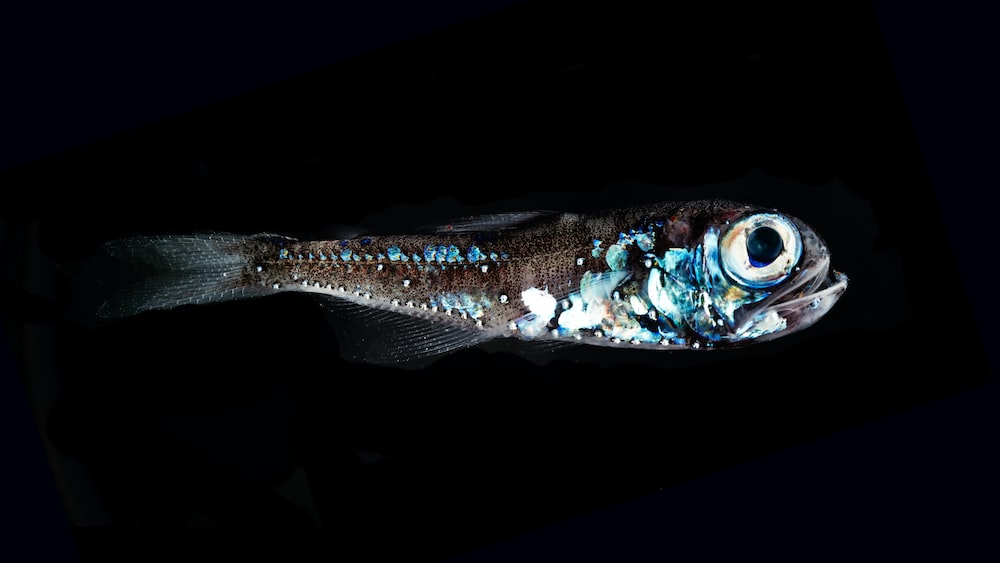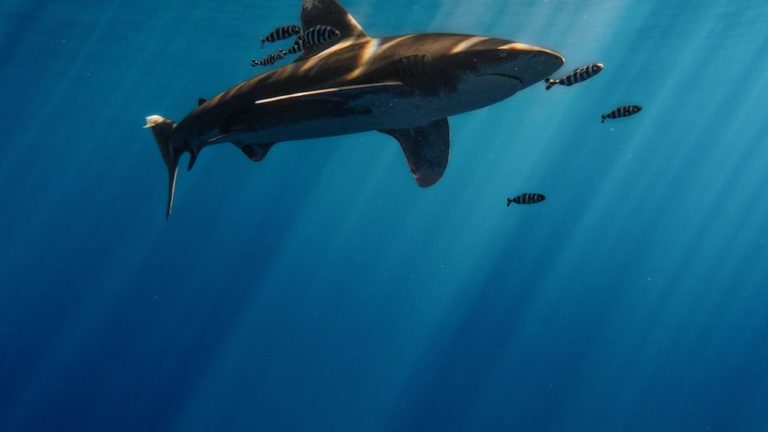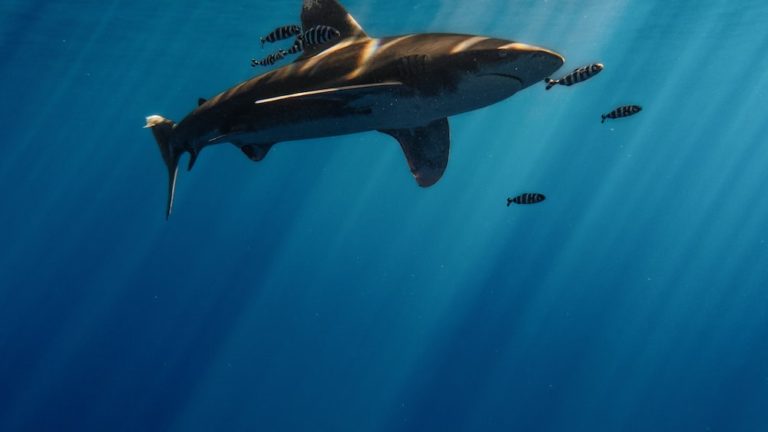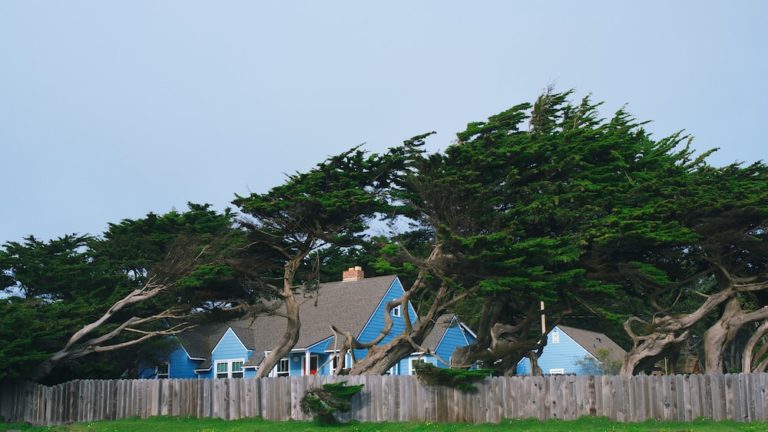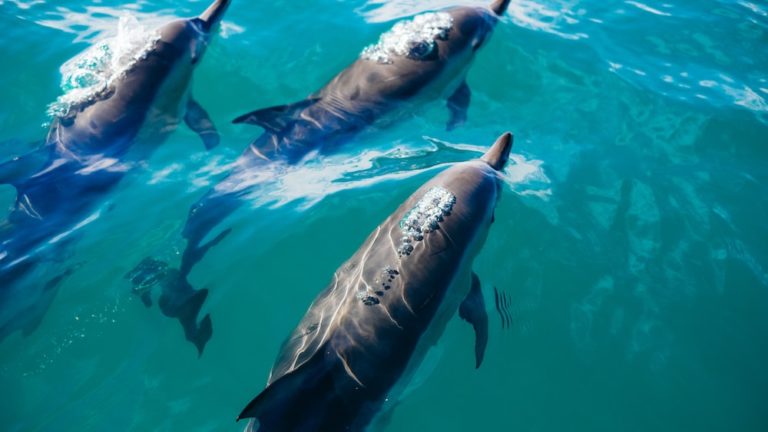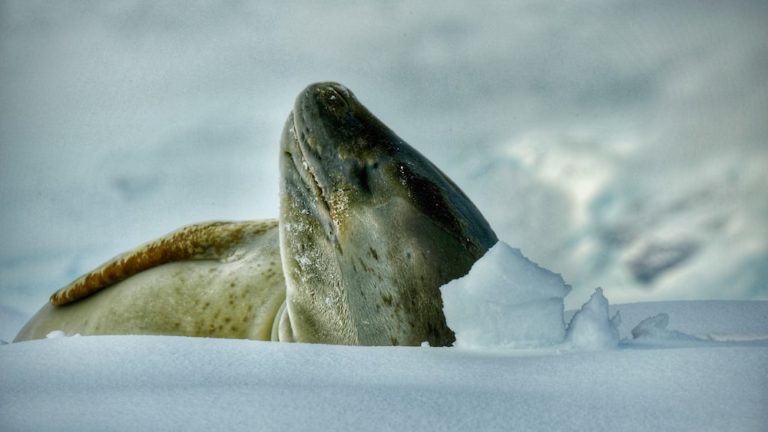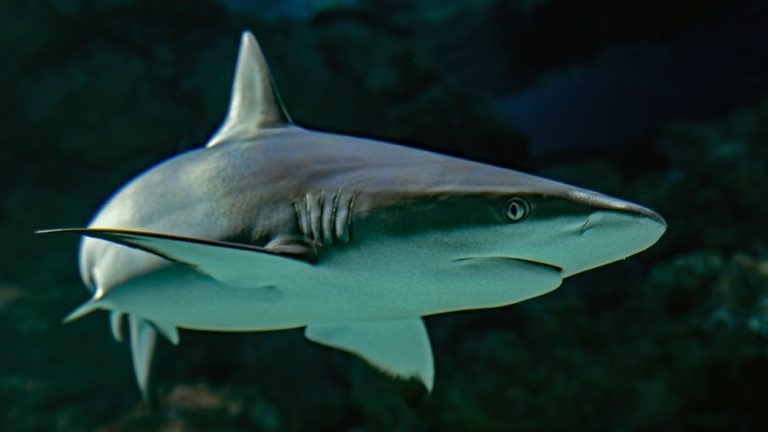What Animal Eats Plankton: Ocean Food Webs
What Animal Eats Plankton: Ocean Food Webs
Dive in, fellow ocean enthusiasts, as we embark on a voyage beneath the waves to unveil the vast tapestry of life sustained by a microscopic marvel – plankton. These tiny organisms might not seem like the main course in an aquatic feast, but you might be surprised to learn what animal eats plankton in the sprawling ocean buffet. With a sprinkle of sea salt and a dash of curiosity, let’s explore the roles of these unsung heroes of our marine ecosystems. We’ll uncover the extensive list of plankton aficionados, from the smallest fish that flicker through the water columns to the majestic whales that glide like submerged leviathans, scooping up these tiny drifters in colossal amounts.
Key Points:
- Plankton plays a critical role in the marine ecosystem, serving as the foundation of the ocean’s food chain.
- Various marine creatures, from copepods to whales, consume plankton as a primary food source.
- Plankton’s abundance dictates the health and sustainability of marine ecosystems, impacting everything from local fish stocks to global biodiversity.
- Plankton not only supports diverse marine creatures but also contributes to climate regulation by sequestering carbon dioxide and influencing cloud formation.
- Baleen whales, including blue whales and humpback whales, consume plankton through filter-feeding.
- Understanding the significance of plankton is essential for the preservation and management of marine life and the fight against climate change.
- Plankton’s role as the foundation of marine life highlights the interconnectedness of all things and the profound effects of even the smallest creatures.
Exploring the Diversity of Plankton Eaters
From the murky depths to the shimmering surfaces, a myriad of sea creatures partake in the planktonic feast. What animal eats plankton? The answer spans nearly the entire hierarchy of the ocean’s inhabitants. In this underwater exploration, we will meet the diverse cast of characters that rely on plankton, both as a direct source of sustenance and as a vital piece in the larger marine food web.
Understanding Plankton and Its Role in the Ocean
Embarking on our marine adventure, it’s pivotal to grasp what plankton actually are. These are not your typical oceanic organisms, but rather an assemblage of drifting life, ranging from microscopic algae to animal larvae. Plankton treads water in a suspended state, at the mercy of the ocean’s whims, but don’t be fooled; they are the unsung powerhouses of the marine world. Plankton plays a critical role, producing oxygen and serving as the foundation of the marine food chain. Their presence not only supports the lives of specific plankton-eating animals but also maintains the balance of the entire oceanic ecosystem. Without them, our seas would be as barren as a desert without sand.
Understanding the significance of plankton is crucial as they are the unsung powerhouses of the marine world, playing a critical role in producing oxygen and maintaining the balance of the entire oceanic ecosystem.
Major Groups of Plankton-Eating Animals
When pondering the question, what animal eats plankton, one can’t help but be impressed by the diversity. At the core of these plankton patrons are the countless copepods, tiny crustaceans that gracefully dart among their microscopic fellows, feeding on algae and smaller plankton. These creatures are, ironically, both hunter and hunted within their ethereal, submerged world. The roster of plankton enthusiasts doesn’t end there. It includes gelatinous jellyfish that sweep the seas with their flowing tentacles, small fish that peek through the water clarifying the invisible into meals, and even barnacles that engulf the plankton that drift into their calcified grasp. Our understanding of who relies on plankton is as vast and varied as the ocean itself.
The Hierarchy of Plankton Predators
Amidst the marine circle of life, there exists a structured hierarchy of plankton predators, where each level of consumer adds to the complexity of the underwater ecosystem. Let’s submerge ourselves deeper and discover who reigns supreme in their watery kingdoms, commanding the plankton populace with their insatiable appetites.
Zooplankton: The Plankton Predators
Standing out amongst the plankton predators are the zooplankton. They are the carnivorous wanderers of the pelagic realm, often preying upon their plant-based cousins, the phytoplankton. These tiny titans are a crucial link, transforming solar energy harvested by phytoplankton into a form consumable by larger marine life. Copepods particularly dominate this predator group, with an insatiable hunger for the microscopic feast.
Fish That Feast on Plankton
Fish have a special part to play when answering what animal eats plankton. Many species of fry and juvenile fish frolic through their nursery waters, gorging on plankton as they grow. Filter-feeding fish, with their sievelike gills, scoop up a satisfying mix of these minuscule morsels. These small-scale plankton banquets are as vital as any coral reef, giving rise to the next generation of ocean wanderers.
Fry and juvenile fish play a crucial role in the ocean ecosystem by gorging on plankton and giving rise to the next generation of ocean wanderers.
The Majestic Whales: Giants of the Plankton Eaters
It’s remarkable to think that the largest creatures on Earth, the whales, owe their colossal size to consuming some of the ocean’s smallest inhabitants. These behemoths scoop up tons of water, sieving out plankton and tiny fish. The ocean’s gentle giants, like the baleen whales, filter-feed through keratinous plates, turning tiny plankton into a fodder for their enormous bodies.
Other Marine Creatures in the Plankton Diet
Exploring further, countless other marine creatures join the banquet. Sea turtles delicately graze on jellyfish, which in turn have dined on plankton. Starfish and sea urchins scrape the ocean floor, digesting the settled remains of plankton. It turns out that almost every creature in the ocean is linked to plankton, either directly or through a fascinating food chain tangle.
Understanding the interconnectedness of marine creatures through the food chain reveals the significance of plankton in ocean ecosystems.
The Significance of Plankton in Marine Food Webs
The significance of plankton is monumental. Hovering at the base of the food chain, they set the dominos in motion for the entire marine food web. Without them, the ocean’s buffet would shut its doors, leaving all who dine there with an empty plate. Plankton’s existence underpins the health and diversity of our oceans and, in turn, our planet.
Plankton’s Position at the Base of the Food Chain
Plankton, those tiny organisms that drift with ocean currents, are much more significant than their size suggests. Acting as the base of the aquatic food web, they are the silent supporters of marine life. Phytoplankton, a type of plankton that employs photosynthesis, is the ocean’s equivalent of grass on terrestrial plains, producing energy that fuels various oceanic creatures. Zooplankton, slightly higher up the chain, consumes phytoplankton and in turn becomes the meal for a plethora of plankton predators.
The nautical network of nutrient exchange begins with these microscopic marvels. Without phytoplankton and zooplankton, the ocean’s food chain would crumble, leading to a starvation domino effect among marine animals. The importance of plankton cannot be overstated; they are akin to the foundation stones of a thriving marine metropolis where every creature, from the smallest fish to the largest whales, depends on them indirectly or directly.
The Impact of Plankton on Marine Ecosystems
Plankton populations wield enormous power over marine ecosystems. Their abundance dictates the health and sustainability of the seas, supporting diverse marine creatures. When plankton flourish, they provide ample food for plankton-eating species such as fish, cephalopods, and other invertebrates. This abundance can ripple upward, leading to prosperous fishing seasons and the maintenance of the intricate balance of marine life. Conversely, a decrease in plankton can sound the alarm bells for a potential ecosystem collapse, ushering in harsh consequences for all who rely on them.
The dynamic and interconnected nature of marine life means that changes in plankton populations can affect everything from local fish stocks to global biodiversity. For example, a decline in krill can influence the reproductive success of predatory species, indicating the far-reaching implications of these microscopic organisms. Recognizing the critical role of plankton in marine ecosystems is essential for the preservation and management of our wondrous oceans.
In essence, plankton are the unsung heroes of the sea, quietly engineering the environment for countless others to thrive. The impact of plankton resonates through the water, illustrating their integral role in the vast blue tapestry of life. By supporting highly diverse communities, they demonstrate that great things often come in small packages – a true showcase of nature’s delicate balance and profound interconnectivity.
Plankton’s Contribution to Climate Regulation
Aside from their ecological significance, plankton also play a pivotal role in the global climate. Phytoplankton, those tiny plant-like organisms, are tireless workers in sequestering carbon dioxide, effectively mitigating the greenhouse effect. Through the process of photosynthesis, they take carbon from the atmosphere and convert it into organic matter, a portion of which sinks to the ocean floor, locking away carbon for centuries.
Furthermore, the ocean’s biological pump – a process influenced heavily by plankton – helps regulate atmospheric gases. By taking part in a grand carbon shuffle, plankton ensure that massive amounts of carbon do not re-enter the atmosphere, thus influencing the global climate. This natural mechanism is so efficient that it’s been said, without plankton, the planet would be warmer, further emphasizing their role in cooling our blue marble.
Lastly, the production of dimethyl sulfide (DMS) by some types of plankton affects cloud formation, which can have cooling effects on the climate. These oceanic organisms are not just minuscule munchies for marine creatures; they are gargantuan guardians of the global climate. Together, phytoplankton and zooplankton contribute to the fine balance of the Earth’s climate systems, making them key elements in the quest to understand and combat climate change.
Phytoplankton play a pivotal role in sequestering carbon dioxide and regulating atmospheric gases, influencing the global climate.
FAQs
1. What types of whales consume plankton?
Baleen whales are the types of whales that consume plankton, including the majestic blue whale, the immense fin whale, and the gentle humpback whale. These gentle giants of the sea filter-feed on tiny krill and phytoplankton through their baleen plates, combining colossal power with delicate dining.
2. How do fish consume plankton?
Fish consume plankton primarily by filter feeding or herding. Many species swim with their mouths agape, sifting through the water to collect these microscopic organisms. Others, like the whale shark, actively sweep through swarms of plankton, engulfing thousands in a single gulp.
3. Are there any land animals that eat plankton?
While land animals don’t typically consume plankton directly, some seabirds feed on plankton when foraging at sea. Although not land animals per se, these birds rely on plankton-rich waters for their diet during feeding times.
4. What adaptations do plankton-eating animals have?
Plankton-eating animals have several adaptations, such as baleen plates in whales for filtering and specialized mouthparts in fish for sieving. These characteristics enable them to efficiently harvest their microscopic meals from the ocean.
Conclusion
Embarking on this underwater odyssey to discover what animal eats plankton, we’ve unraveled the significant role of these tiny titans in supporting a web of life stretching from the depths to the surface. Zooplankton and phytoplankton may not claim the fame of their larger counterparts, but their influence on the ocean’s food webs and our global climate is paramount. They are the hidden heroes, fueling the spectacular marine dramas that unfold beneath the waves.
These silent orchestrators of the sea highlight into consideration the interconnectedness of all things, reminding us that the smallest creatures can have the most profound effects. So, whether you’re a marine life enthusiast savoring these snippets of aquatic wisdom, or a conservationist working to safeguard the ocean’s bounty, remembering what animal eats plankton is to recall the foundation upon which marine life relies.
As we bid adieu, let’s cast one last glance at the kaleidoscopic world beneath the waves, urging each of us to cherish and protect it. Keep making waves in the fight for our oceans, friends, and until next time, dive deep into the mysteries and marvels of our blue planet. Sail forth, and be ever curious! Jasper Flynn

